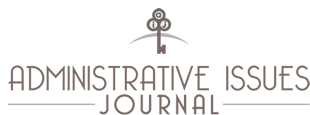
Abstract
The growing popularity of Master of Accounting programs can be attributed to multiple factors, but the states’ adoption of the 150-credit hour educational prerequisite for Certified Public Accountant licensure was clearly influential in stimulating enrollment growth. Despite the growth and importance of Master of Accounting programs, comparative data of program prerequisites and curriculum is scarce. Equally limited are empirical analyses of the effects of graduate curriculum upon CPA Exam passage rates. To address the paucity of information, we examined the program prerequisites and curriculum of 283 Master of Accounting programs, all of which are based in the United States and accredited by the Association to Advance Collegiate Schools of Business. This exploratory study examines (a) commonalities and differences among Master of Accounting program curriculum, (b) relationships between university resource levels and CPA Exam passage rates, and (c) whether programs with a flexible curriculum, providing greater student customization of elective coursework, report higher CPA Exam passage rates.
Recommended Citation
Shough, Evan M.; Stetson, Beth; Walton, Aubree; and Tankersley, Kaimee
(2018)
"MACC curriculum and CPA exam passage rates: An exploratory study,"
Administrative Issues Journal: Vol. 8:
Iss.
2, Article 9.
Available at:
https://dc.swosu.edu/aij/vol8/iss2/9
Included in
Health and Medical Administration Commons, Higher Education Administration Commons, Public Administration Commons
Please consider contributing an article to Administrative Issues Journal, our submission policy: http://www.swosu.edu/academics/aij/guidelines.aspx
